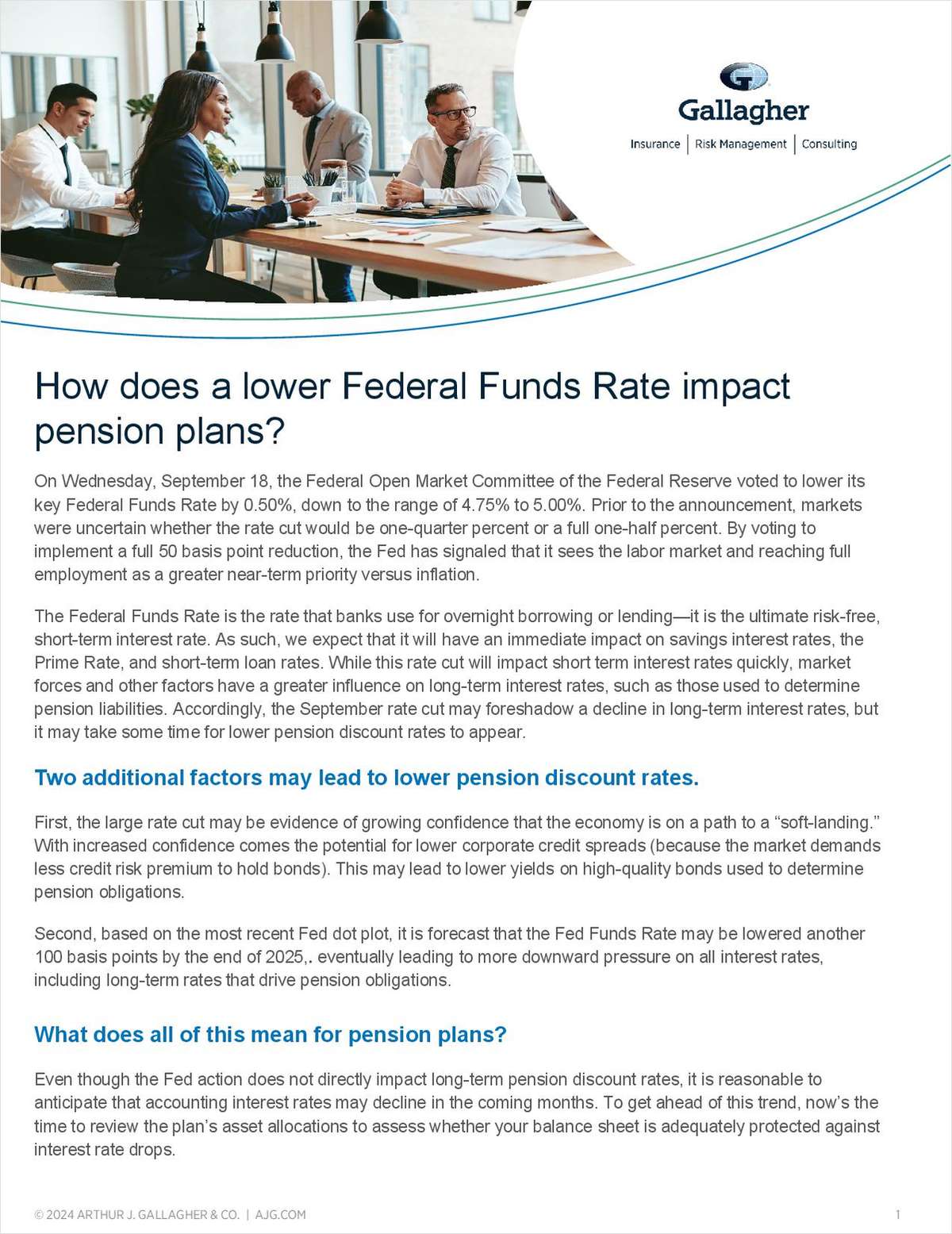HONOLULU – What do you get when you meld a 27-year career in local and state government with nearly 15 years in the credit union movement? An uncanny acumen for gathering consensus with the fine-line ability to forge ahead with `out of the box' decisions. Peter Leong, president/CEO of Hawaii State Federal Credit Union (HSFCU) fits that bill, and after 10 years of service, the 66-year old Maui native officially retired on Dec. 7. In this lush state which relies heavily on tourism dollars, Leong has propelled the credit union to numbers that are indicative of his forward-thinking philosophy: 52,000 members, $540 million in assets and five branches – all achieved since he arrived in 1992. "He's a visionary," said Deborah Kim, HSFCU's new president/CEO. "He had a great mind with great vision to carry out all that he wanted the credit union to accomplish and he did it." Indeed, the largest credit union in the state recently returned $4 million to members in bonus dividends and interest rebates for a total of $24 million dispersed since 1997. It's those kinds of numbers Leong says are a direct reflection of his devotion to meeting and exceeding the needs of the credit union's members. He's most proud of the HSFCU's commitment to providing financial literacy outlets for members and potential members. "Before you drop your fishing line in the water, sometimes you chum – you drop some bread in the water to prepare," Leong explained. "If we can give the financial knowledge needed to save, shop for a car, then maybe they'll consider joining the credit union." After graduating from the University of Hawaii, Leong had his hopes set on law school but personal circumstances caused him to shift gears. He worked as Maui's chief budget analyst and later the director of Office of Council Services in 1973, a new research bureau that helped to develop public policy. After six years at the council, he left to do consultation work in 1979 and was later appointed director of finance for the county of Maui. After serving for one year, he was appointed Honolulu's director of finance. At the age of 49, Leong was eligible for retirement when someone suggested he apply for a vice-president position at the Hawaii Credit Union League. "I really didn't know much about credit unions, but I was eager to learn," Leong recalled. Within a year, his boss left and Leong became president of the league during a time when "a natural tension between credit unions and leagues" was the norm. "I would like to think that I transcended that tension by developing a strong relationship with state and national governments," Leong said. One significant milestone during Leong's league tenure saw Hawaii being the only state to get an exemption from real property taxation for credit unions – the measure saved credit unions "hundreds of thousands of dollars" and is still in effect today. In the late 1980s, the Delegation Joint Resolution was signed by all of Hawaii's Congress members declaring support for the credit union movement. Leong was presented with the resolution by Sen. Daniel Akaka (D-HI). After seven years at the league and "quite happy" there, Leong was approached by a few shakers to make himself available for the president/CEO position at HSFCU and in 1992 he took the helm. At the time, HSFCU flourished with $300 million in assets and 33,000 members but Leong saw a need to provide a broader menu of services. "The credit union was still the largest in the state, it did a good bottom line but the world was changing," Leong said. "No longer could you have singular offerings, members wanted more choices." And a choice menu they received. Under Leong's direction, members now had access to debit and Gold credit cards, five choices for IRAs, safe deposit boxes with biometric access, shared branching alliances and financial planning referral services. In 1997, Leong met with HSFCU's board to brainstorm about how to disperse excess capital that continued to renew. That year, members would receive the first of five consecutive bonus dividends and interest rebates. While members on several islands now had access to five branches Leong said they intentionally kept their list of select employee groups small, adding only one since he came aboard for a total of seven. "His sharp managerial skills were especially useful for us as we looked at ways to develop better managers and address management issues," said Bob Hoel, executive director of the Filene Research Institute. "He was one of 30 innovative CEOs that served on our research council and not suprisingly, he played a very important role." It's this type of foresight that makes Leong an innovator, said Mary Dunn, CUNA's associate general counsel and senior vice president. "He is a true intellectual and challenged people to think out of the box," Dunn said. "He's a consensus builder, putting hard issues on the table but at the end of the day, he took the consensus approach." Dick Johnson, president/CEO of WesCorp agrees that Leong has the ability to "be tolerant of everyone's opinion and at the same time will try to level everything out." "He's a very cautious individual," Johnson said. "He's not the type of person who will force his opinion on you but he's very good at laying out the big picture." Johnson first met Leong on a credit union mission to China in the late 1980s and remembers how deftly he put some of the Chinese bankers, professors and translators at ease with his graciousness and humor. The father of two sons (both lawyers) and one daughter (an assistant clerk for a member of the state's House of Representatives) and husband to Mary Lee, Leong is looking forward to more traveling post-retirement. Just one day into his retirement, Leong and his wife were on their way to London for a week's vacation. He also looks forward to becoming fluent in Italian and devoting even more time to a passion of his – performing on the Tiko, a 500-year old Japanese drum and traveling even more with a local band. "I'm not good enough to perform, but I've had the opportunity to be the emcee for several of the band's performances," Leong boasted. Like the Tiko's long history, Leong believes sustenance always begins and ends with the people you surround yourself with, including the makings of a successful credit union. "What lasts, what endures, I guess would be two things: attracting and developing good people to serve our mission and the notion that we are a business and it is our obligation to develop corporate strength and run a clean outfit," Leong said. – [email protected]
Complete your profile to continue reading and get FREE access to BenefitsPRO, part of your ALM digital membership.
Your access to unlimited BenefitsPRO content isn’t changing.
Once you are an ALM digital member, you’ll receive:
- Breaking benefits news and analysis, on-site and via our newsletters and custom alerts
- Educational webcasts, white papers, and ebooks from industry thought leaders
- Critical converage of the property casualty insurance and financial advisory markets on our other ALM sites, PropertyCasualty360 and ThinkAdvisor
Already have an account? Sign In Now
© 2024 ALM Global, LLC, All Rights Reserved. Request academic re-use from www.copyright.com. All other uses, submit a request to [email protected]. For more information visit Asset & Logo Licensing.








